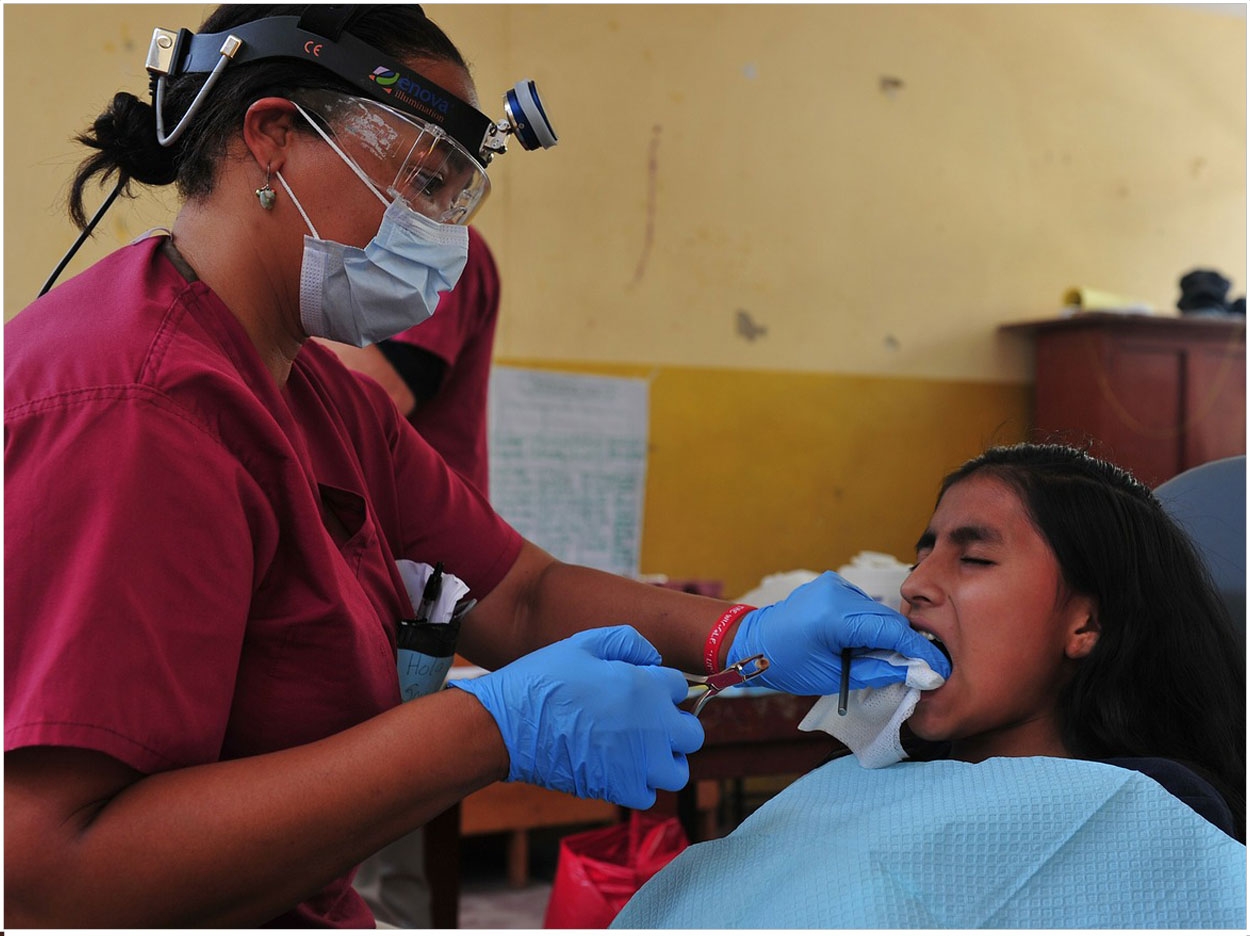
When it comes to the sugar in natural fruit juice, only 54% of adults in the United States are aware that it can cause childhood cavities, reports a survey by the Children’s Dental Health Project (CDHP). And that’s just the beginning, as the results revealed a general lack of knowledge about oral health.
For example, tooth decay is the most common chronic health problem in childhood. It is 2 to 3 times more common than asthma or obesity, and it’s especially concentrated among low-income families. Yet only 7% of adults identified it as childhood’s most chronic issue, while 80% said obesity was the biggest problem.
“Only 43% of adults surveyed believe they have much control over whether they get a cavity,” said Meg Booth, CDHP executive director. “We need to remind families that they have more control than they realize, and prevention starts long before children enter school.”
Additionally, 24% of respondents did not know that untreated tooth decay can cause health problems elsewhere in the body, and 82% did not know that the bacteria that caused tooth decay can be transmitted from a parent to a child. Meanwhile, 41% said that parents should begin brushing their child’s teeth at the age of 3, not as soon as the teeth erupt, which is what the ADA recommends.
In response, the CDHP has set up endcavities.org, which provides resources and strategies for policy makers, health professionals, and advocates to create a new coordinated system of care for children at the highest risk of tooth decay. It includes fact sheets, infographics, an issue brief, and video content.
The site notes that the most cost-effective approach to preventing cavities is focusing on pregnant women and children up to the age of 5, as one out of 4 of these children experience tooth decay. With spending on dental care in the United States topping $100 billion, dental costs consume one fifth of children’s overall health spending.
“We need to give families the knowledge and tools that support the habits that will put children on a lifelong path of oral health,” Booth said.
Conducted by Wakefield Research, the survey contacted 1,011 nationally representative adults in the United States between December 7 and December 11, 2015. The Colgate-Palmolive Company provided financial support for the creation of endcavities.org.
Related Articles
Most Children on Medicaid Lack Dental Services
Kids at Higher Risk of Cavities Are Missing Preventive Treatments
31% of Kids Miss School Due to Dental Problems












